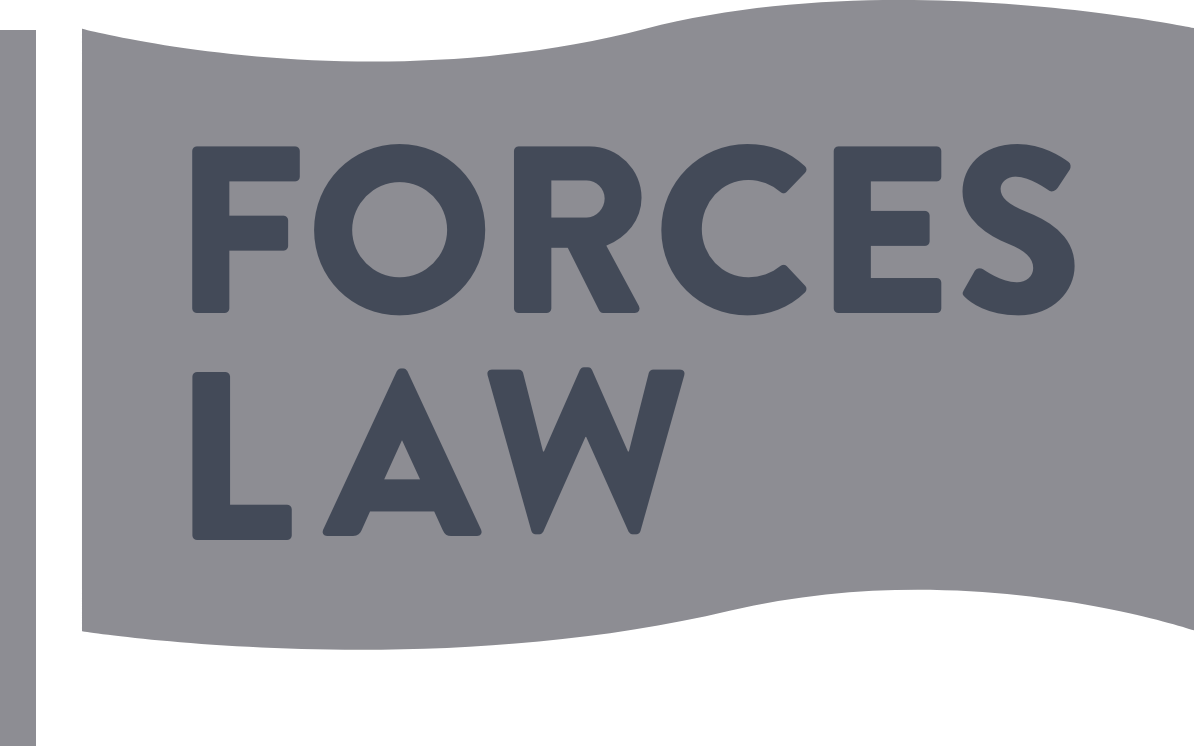Military Family Mediation and Family Law Arbitration
At Forces Law, we understand the unique pressures military life places on families. Deployments, frequent relocations, and the emotional strains of service can make disputes more challenging. That’s why we offer specialised military family mediation and family law arbitration, designed for speed, sensitivity, affordability—and all outside the courtroom.
What Is Family Mediation?
Family mediation brings both parties together in a structured, neutral setting with the help of a trained mediator. It’s a voluntary process where parents or spouses communicate their needs and intentions with the goal of reaching an agreement on issues such as child arrangements, property division, or finances.
Why Choose Mediation Over Court?
- Faster resolution: Courts can be slow and overburdened. Mediation allows you to resolve issues on your timeline—not the system’s.
- Cost-effective: Mediation typically involves fewer sessions, lower professional fees, and avoids detailed court preparation—saving you both time and money.
- Less stressful: Mediation fosters cooperation in a private, supportive environment, helping reduce anxiety and preserve relationships—an important consideration for military families often under pressure.
- Empowering approach: You—and not a judge—retain control of the outcome, fostering ownership and potentially smoother compliance with agreements.
Online Mediation for Service Personnel
Forces Law recognises that members of the Armed Forces are often away from home—whether on deployment, exercises, or following a reposting to a different part of the UK or abroad.
To make mediation accessible wherever you are, we offer secure online mediation sessions via video conferencing.
This means disputes can be resolved without waiting for you to return home or travel long distances, ensuring the process remains swift, convenient, and flexible despite the demands of service life.
Our Own Forces Law Family Mediator
One of the advantages of choosing a Forces Law member firm is direct access to experienced professionals who understand both family law and military life.
The family law team at 1 of our member law firms, Bonallack & Bishop, includes Liam Oliver, a qualified family mediator with a strong track record of helping separating couples and families reach amicable, workable solutions.
Liam’s mediation work is grounded in a clear understanding of the Armed Forces community—recognising the impact of postings, deployments, and service obligations on family dynamics. His approach is calm, impartial, and solution-focused, helping clients avoid the stress and uncertainty of lengthy court battles. He regularly acts for military clients and understands Forces life well, as his father served in the Royal Navy.
Whether you are based in the UK or deployed overseas, Liam can offer mediation sessions in person or via secure video conferencing, making the process accessible no matter where you are.
What Is Family Law Arbitration?
Family law arbitration is a formal but flexible alternative to court. An appointed arbitrator, usually a qualified lawyer, reviews evidence, hears both sides, and issues an enforceable decision.
Benefits of arbitration include:
- Speed: Arbitration timetables are typically much quicker than court schedules—especially vital for families in transition or under service constraints.
- Reduced delay: Avoiding crowded court calendars helps you get an outcome efficiently.
- Confidentiality: Arbitration proceedings are private and confidential—a valued feature for sensitive matters.
- Expert decision-making: The arbitrator often has deep experience in family law—and sometimes even knowledge of military-specific contexts—so the outcome is both fair and informed.
Mediation or Arbitration: Which Is Right for You?
- Start with mediation, when both parties are open to negotiation and want control over the process and outcome.
- Consider arbitration when:
- Timetable is tight or court routes are overloaded.
- Privacy is paramount.
- You want a formal, enforceable decision without going to court.
- There are complex legal or service-related elements best handled by a specialist.
Our Own Forces Law Family Law Arbitrator
In addition to mediation, Forces Law members can offer specialist arbitration services for military families who need a binding decision without going to court.
Dinshaw Printer, the Head of the Family Team Forces Law member, Bonallack & Bishop, is a family law arbitrator with a deep understanding of the Armed Forces community. Not only that he also understand military life as the son of a Col, but he is also a serving District Judge with many years’ experience of helping parties resolve their issues.
Dinshaw has acted for service personnel and their families in a wide range of disputes, from complex financial settlements to sensitive child arrangement cases. His arbitration work combines rigorous legal analysis with a practical awareness of the time pressures, mobility, and confidentiality concerns unique to military life.
By choosing Dinshaw as your arbitrator, you can expect a fair, expert-led process that delivers an enforceable outcome—often in a fraction of the time it would take through the court system.
Like our mediation services, arbitration is also available online, making it accessible wherever you are posted.
How Forces Law Can Help
As part of the Forces Law network—an alliance of independent UK civilian law firms specialising in military-related cases—we offer mediation and arbitration services tailored to Armed Forces families.
- Our lawyers receive ongoing training to stay attuned to service conditions, military compensation schemes, and the unique spells of mobility and deployment many military families face.
- We offer flexible appointments (including virtual consultations), ensuring access to trusted legal support wherever you are stationed.
- Our experience ensures that whether through mediation or arbitration, your journey is handled with empathy and efficiency—not burdened by unnecessary delays or stress.
In Summary
- Quick: Sidestep court schedules.
- Affordable: Fewer formalities, lower costs.
- Less stressful: Private settings promote calm and clarity.
- Effective: Outcomes that work—for your family, your service, your future.
If you’d like to discuss whether mediation or arbitration fits your situation—or would like to learn more about how our Forces Law member firm can assist—please get in touch with one of our dedicated family law specialists. We’re here to serve those who serve.
Military Family Mediation & Arbitration – Frequently Asked Questions
Q: Is military family mediation legally binding?
A: Mediation agreements are not automatically legally binding, but they can be turned into a legally enforceable consent order with the court’s approval. Many families choose this step for certainty, especially important given the potential value of military pensions.
Q: How long does military family mediation usually take?
A: It varies, but most cases are resolved in a few sessions over several weeks—much quicker than waiting for a court hearing, which can take many months.
Q: Is family law arbitration suitable for all cases?
A: Arbitration is ideal for financial and property disputes and can also be used for certain child-related matters.
Q: Can I use mediation or arbitration if I am stationed overseas?
A: Yes. Both processes can be carried out via secure online platforms, making them accessible wherever you are based in the world.
Q: What’s the main difference between mediation and arbitration?
A: In mediation, you and the other party make the final decisions with the help of a mediator. In arbitration, the arbitrator makes a binding decision after hearing both sides.
The most important point that we can make is to take advice from one of our specialist firms as soon as possible if you have any related query.
Our member law firms who provide this service
If you’re ready to get in touch with a lawyer and you know which member law firm you would like to speak with then please click on the link below to be taken to their website.


